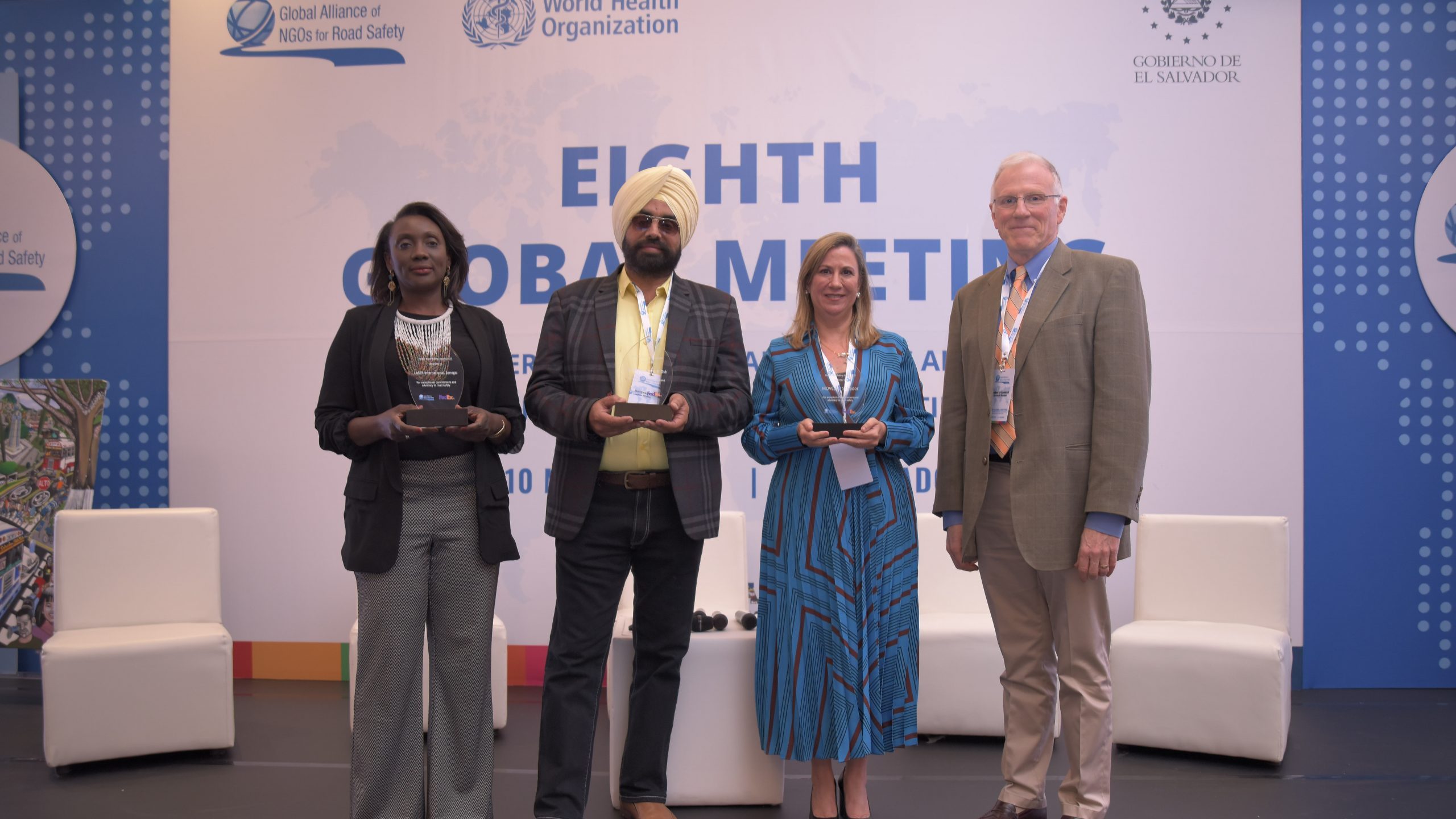
Award highlights NGOs’ commitment and advocacy for road safety San Salvador, El Salvador Three NGO members of the Global Alliance of NGOs for Road Safety (the Alliance) have been awarded the FedEx Road Safety Award for their outstanding commitment to road safety and the NGO community, growth, and advocacy for evidence-based interventions that contribute to […]
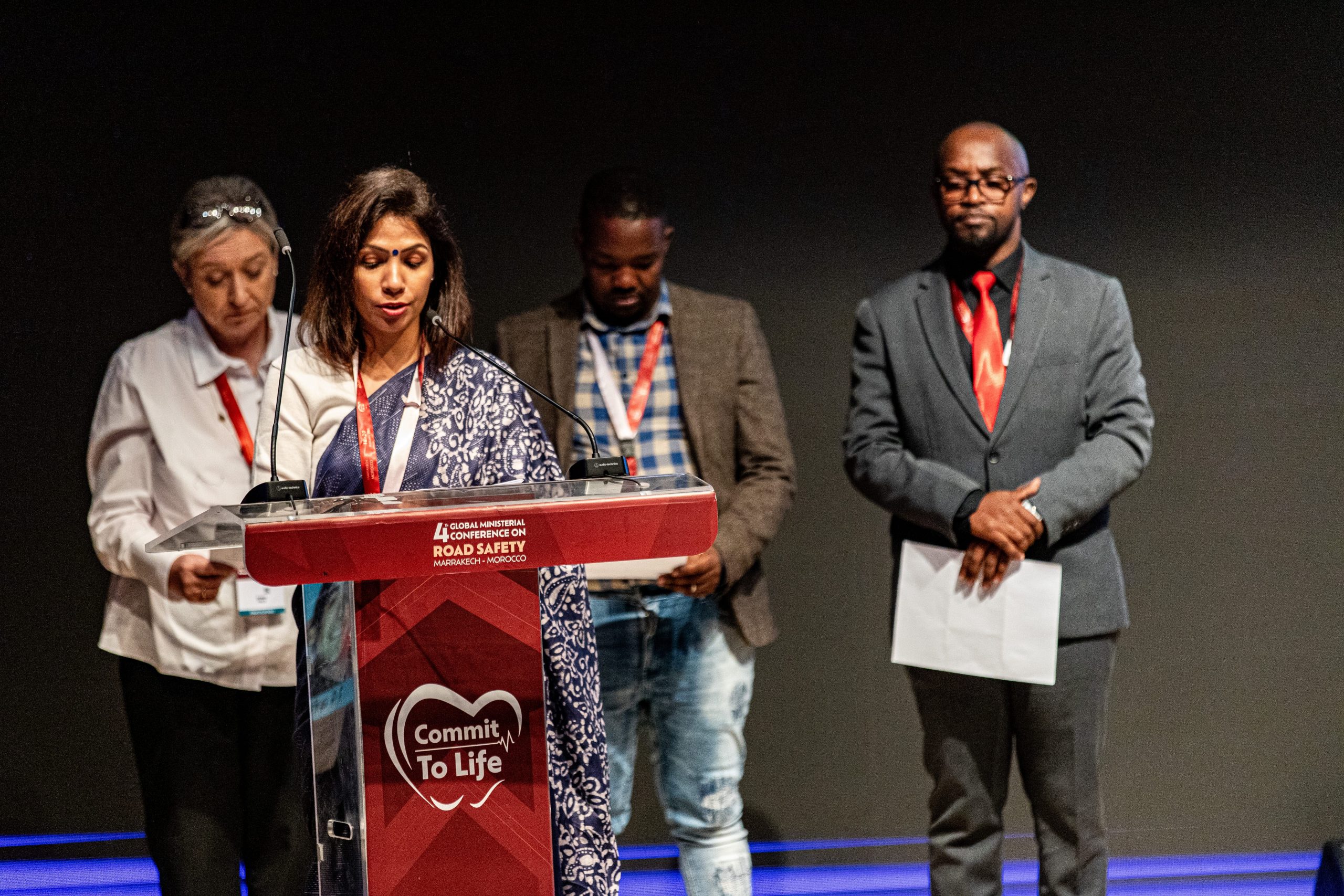
Rationale Each year, the world suffers 1.19 million preventable deaths from road crashes. Without serious action, road crashes will cause an estimated 13–17 million more deaths and 500 million more injuries in the current decade. UN Member States have adopted a resolution 74/299 Improving Global Road Safety and the 2030 Agenda for Sustainable Development (target […]
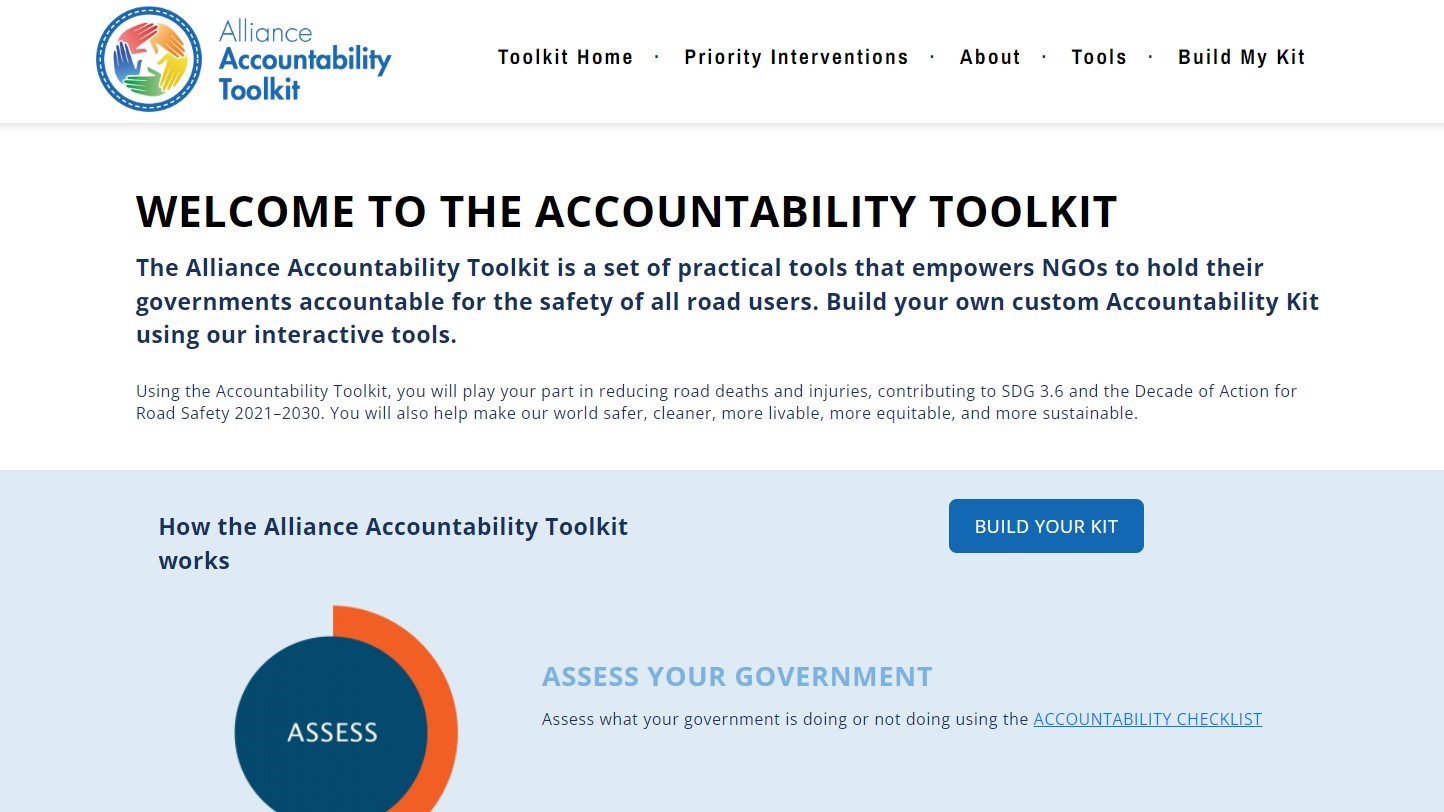
Today, the Alliance launches its Accountability Toolkit. The toolkit is a set of practical, web-based tools. It offers tangible steps to equip NGOs to hold their governments accountable for the safety of all road users by reducing road deaths and injuries by 50% by 2030, in alignment with the Global Plan for the Decade of Action for Road […]
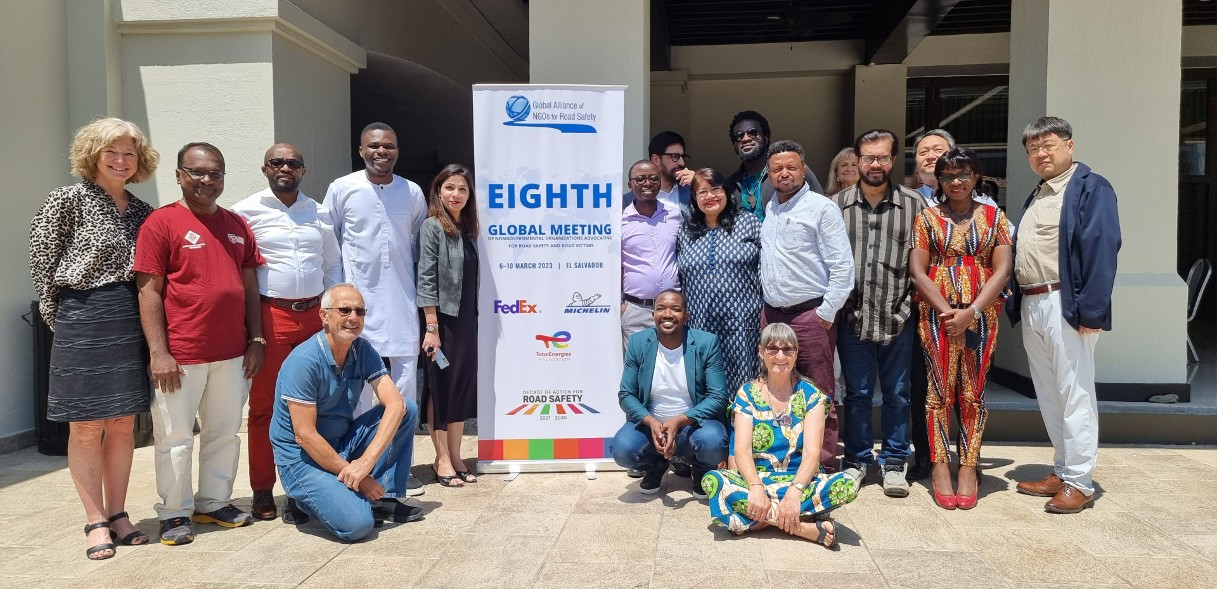
Read in SPANISH. 6 March 2023 The Eighth Global Meeting of Nongovernmental Organizations Advocating for Road Safety and Road Victims (Global Meeting) started today in San Salvador, El Salvador. The Global Meeting, whose theme is Rethinking road safety: Mobility for people and planet, brings together 214 participants from 61 countries. 1.3 million people die on the […]
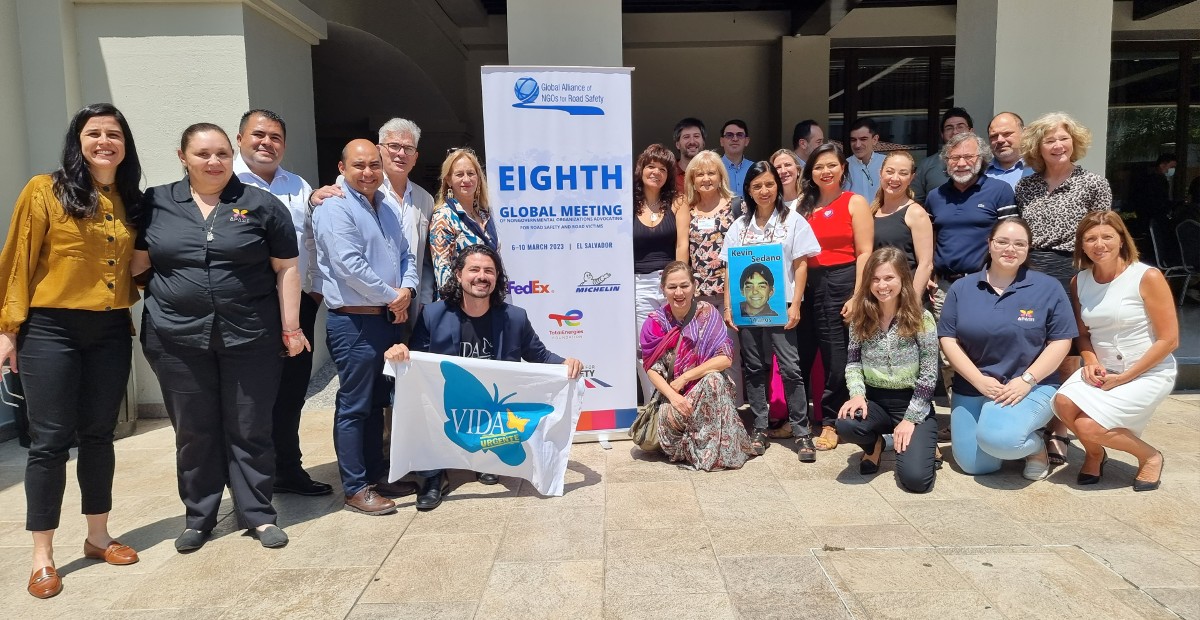
6 March 2023 El encuentro Eight Global Meeting of NGOs Advocating for Road Safety and Road Victims (Reunión Global) inicia hoy en San Salvador, El Salvador. La Reunión Global, cuyo tema es Repensar la seguridad vial: Movilidad para las personas y el planeta, reúne a 214 participantes de 61 países. 1,3 millones de personas mueren […]

The symposium on Wednesday 8 March 2023 will be the focal event for the Global Meeting. Its purpose is to enable NGOs to be inspired by a breadth of speakers from inside and outside the traditional road safety sphere. It will feature three panels. Panel one: Evidence based solutions in practice: from safe system to 50% […]
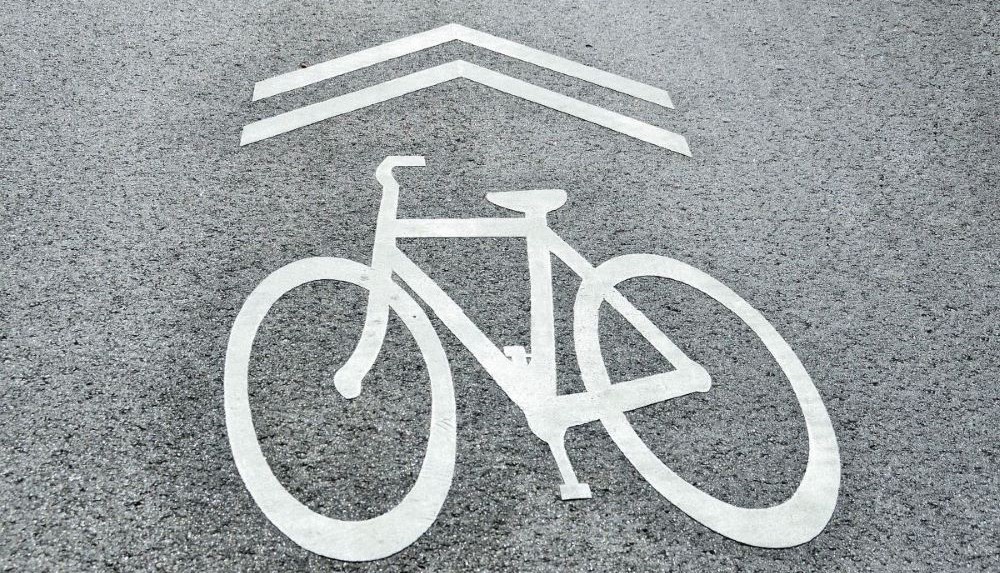
Full member The Road Ethics Project is a nonprofit company which addresses the ethical crisis of high levels of road deaths and injuries in South Africa and the SADC region, by sparking conversations and changing minds and behavior to save lives. The Road Ethics Project has three main aims, which are to promote ethical literacy, help […]
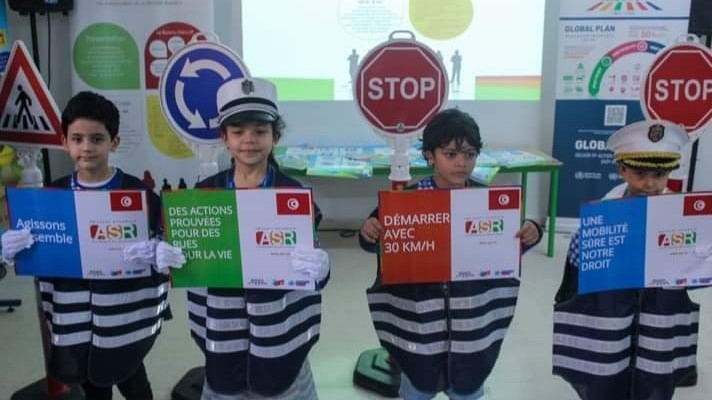
In February 2023, in Tunisia, decree 151/2000 has been approved for 30 km/h zones around schools across the country. The decree was approved during a meeting of the Council of Ministers, presided over by Prime Minister Naglaa Boudin Ramadan. The new decree is an advocacy success for Alliance member Les Ambassadeurs de la Sécurité Routière […]
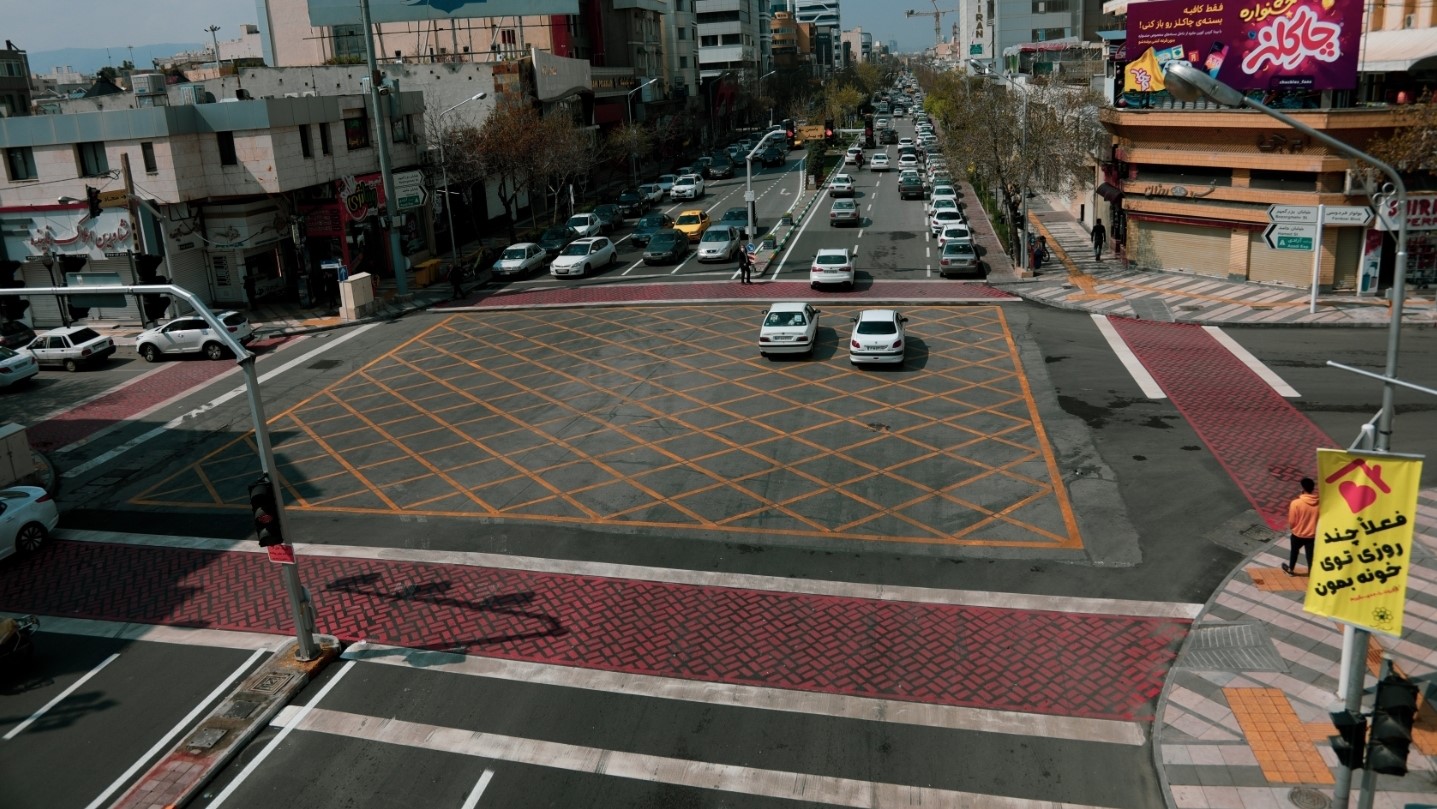
In Mashhad City, Iran, Alliance member Road Safety Pioneers has been advocating with the local authorities to adopt safer infrastructure to mitigate against road crash deaths and injuries. Since 2020, safety improvements have been implemented at 80 intersections, and more interventions target construction of cyclist lanes, with 65 kilometers implemented so far. Ali Zayerzadeh of Road Safety Pioneers, the NGO that […]
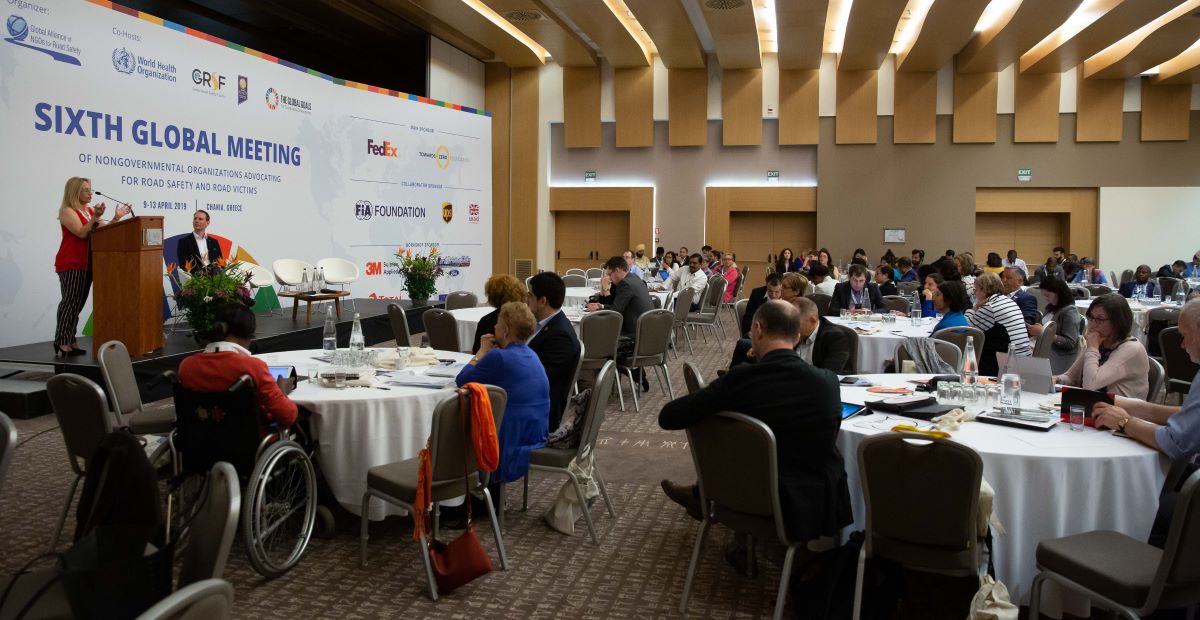
Apart from networking face to face as well as interacting online on Brella, participants of the Eighth Global Meeting of Nongovernmental Organizations Advocating for Road Safety and Road Victims will benefit from educative workshops throughout the week starting 6-10 March 2023. There will be meetings for the Africa and Latina America Chapters. Keynote speakers for […]
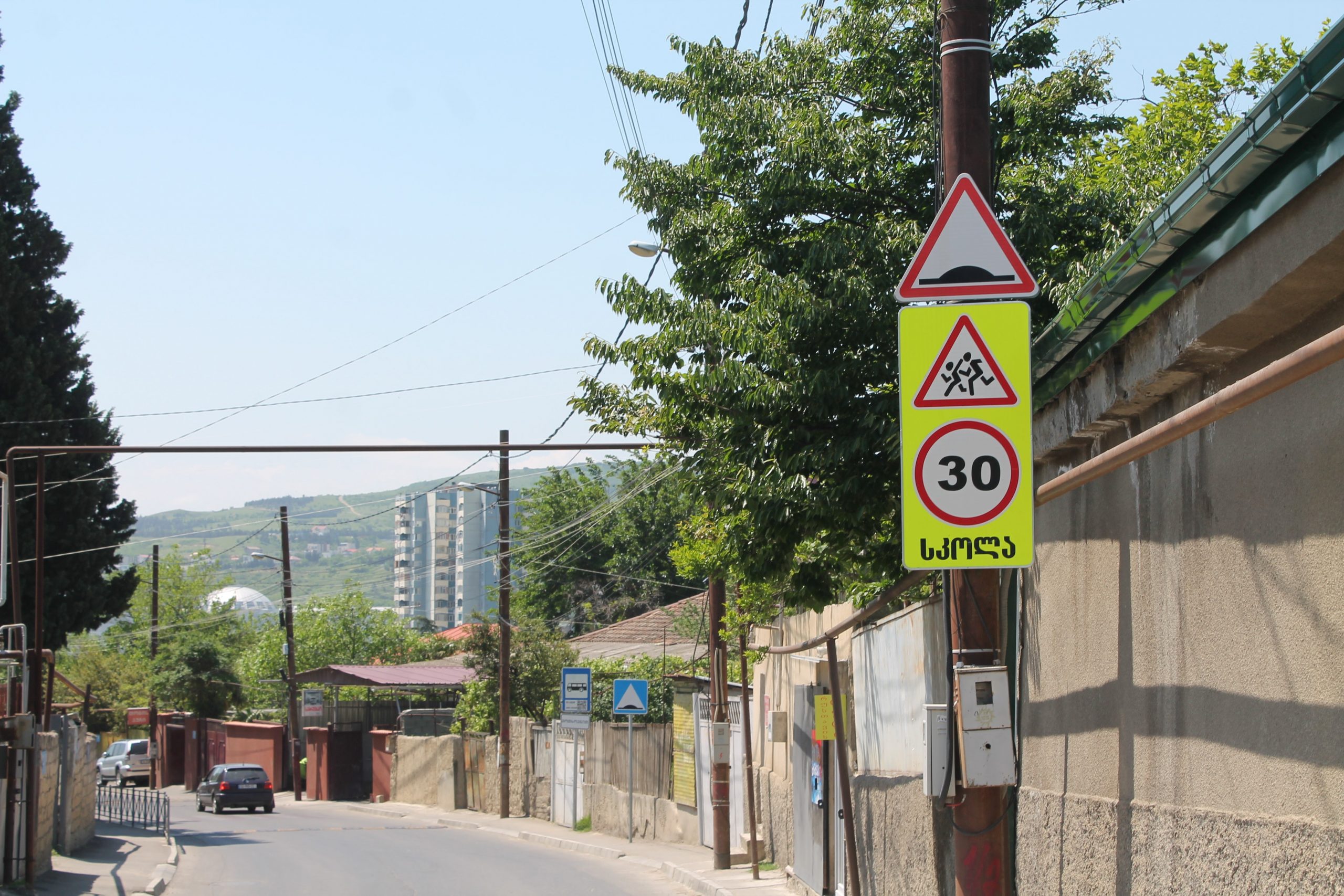
Momentum for 30km/h speed limits near school zones is gaining in Georgia following advocacy campaign for the implementation of the rule in municipalities by an Alliance member NGO. So far, 96 school zones in Zugdidi, Tbilisi, and Rustavi municipalities have installed new road signs for the reduced speed limit. Zugdidi City has installed 30km/h road […]
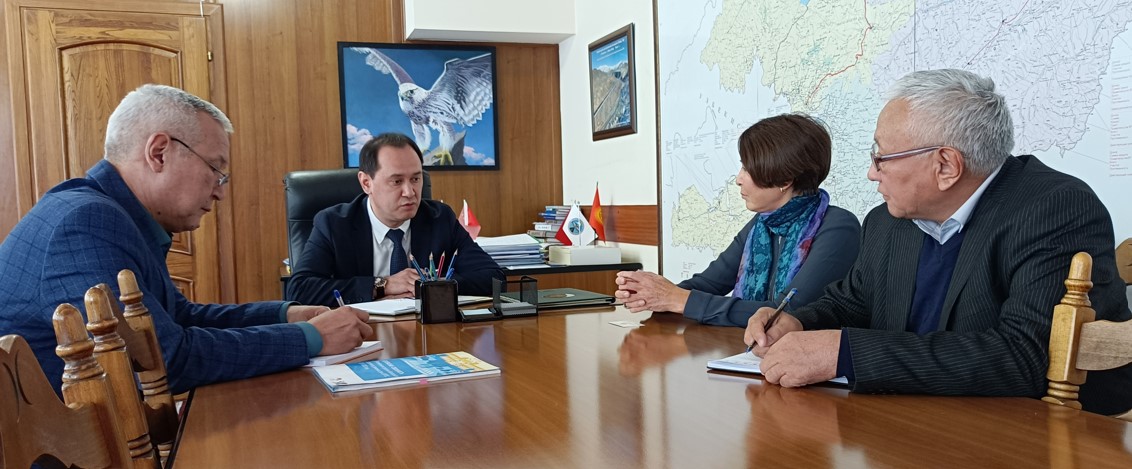
“Advocacy, commitments, funding, and implementation of interventions which do not reduce deaths and injuries are wasting time and resources,” says the Alliance’s Director of Research and Accountability Chika Sakashita. In her perspective, governments and NGOs, along with private sector and academia, have accountability for fulfilling the respective roles set out for them in the Global Plan for […]

The Alliance is delighted to welcome the four new members that joined us recently. Full members Road Safety Education Limited (RSE) is a not-for-profit delivering road safety education to Australian and New Zealand high schools, primarily through their flagship, RYDA program. To date over 725,000 young people have participated in RYDA since 2001. Supported by […]
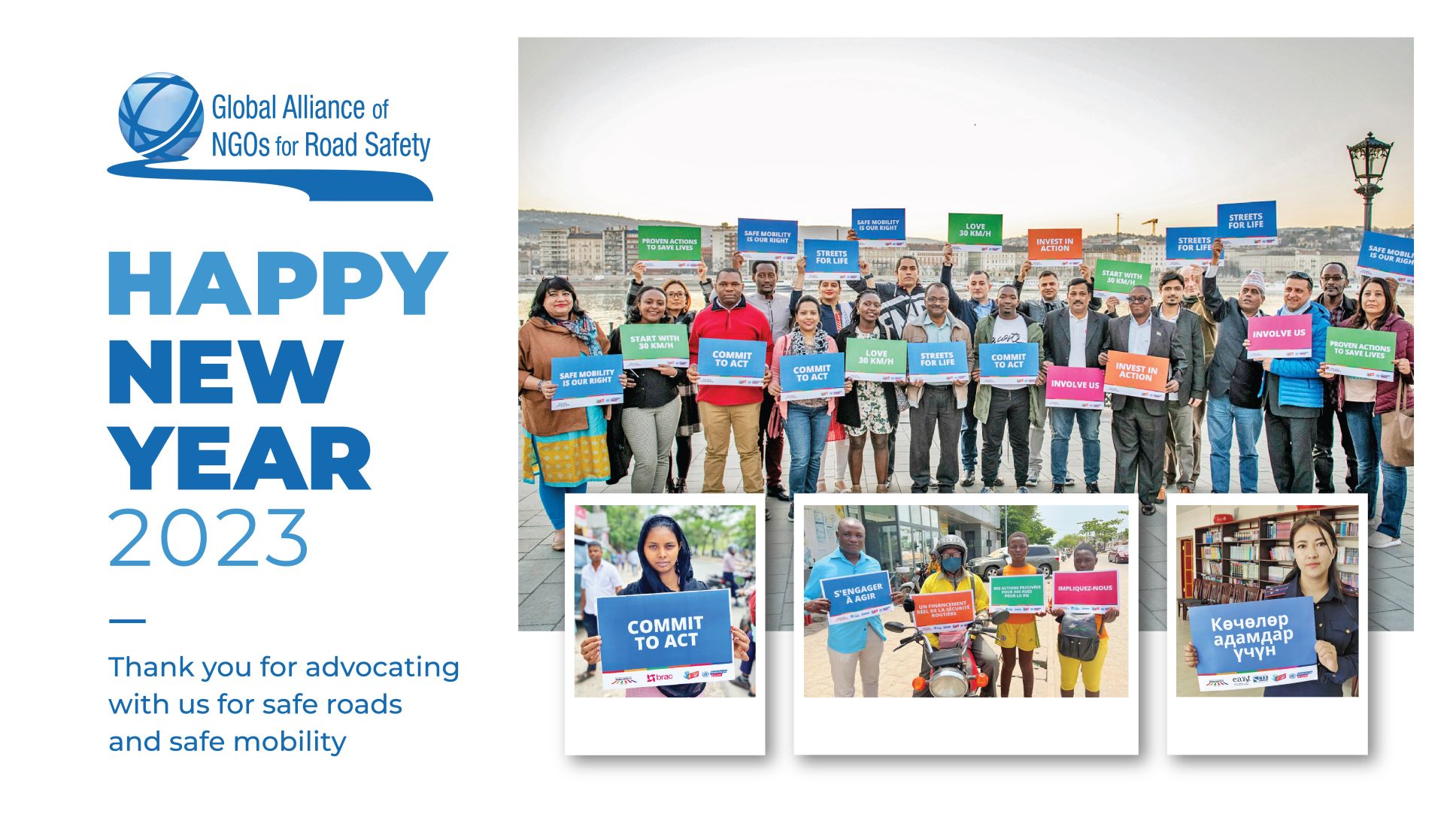
Read about some of the Alliance’s key moments in 2022. These moments back up members’ advocacy in their countries and enable the Alliance to represent the NGO perspective in the global road safety arena: MARCH: NGOs launched global and regional Calls to Action at the Seventh Global Meeting of Nongovernmental Organizations Advocating for Road Safety and Road Victims (Global Meeting). […]
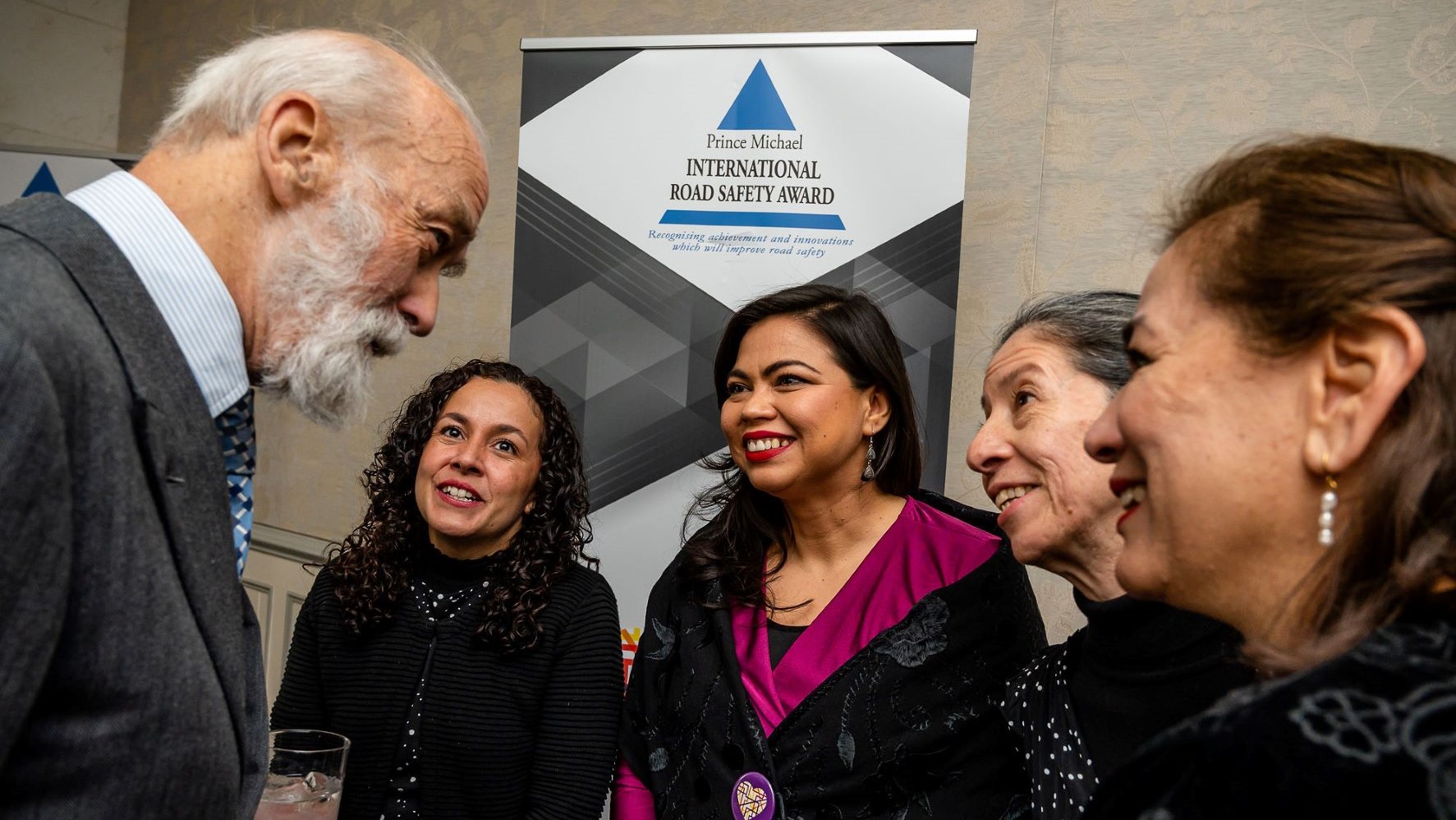
“I have been impressed by the growing success of work being done by NGOs, usually working in partnership,” said HRH Prince Michael of Kent, announcing the 2022 Prince Michael International Road Safety Awards. “I am especially pleased that many of my award winners this year reflect this significant development.” We congratulate all the winners of […]
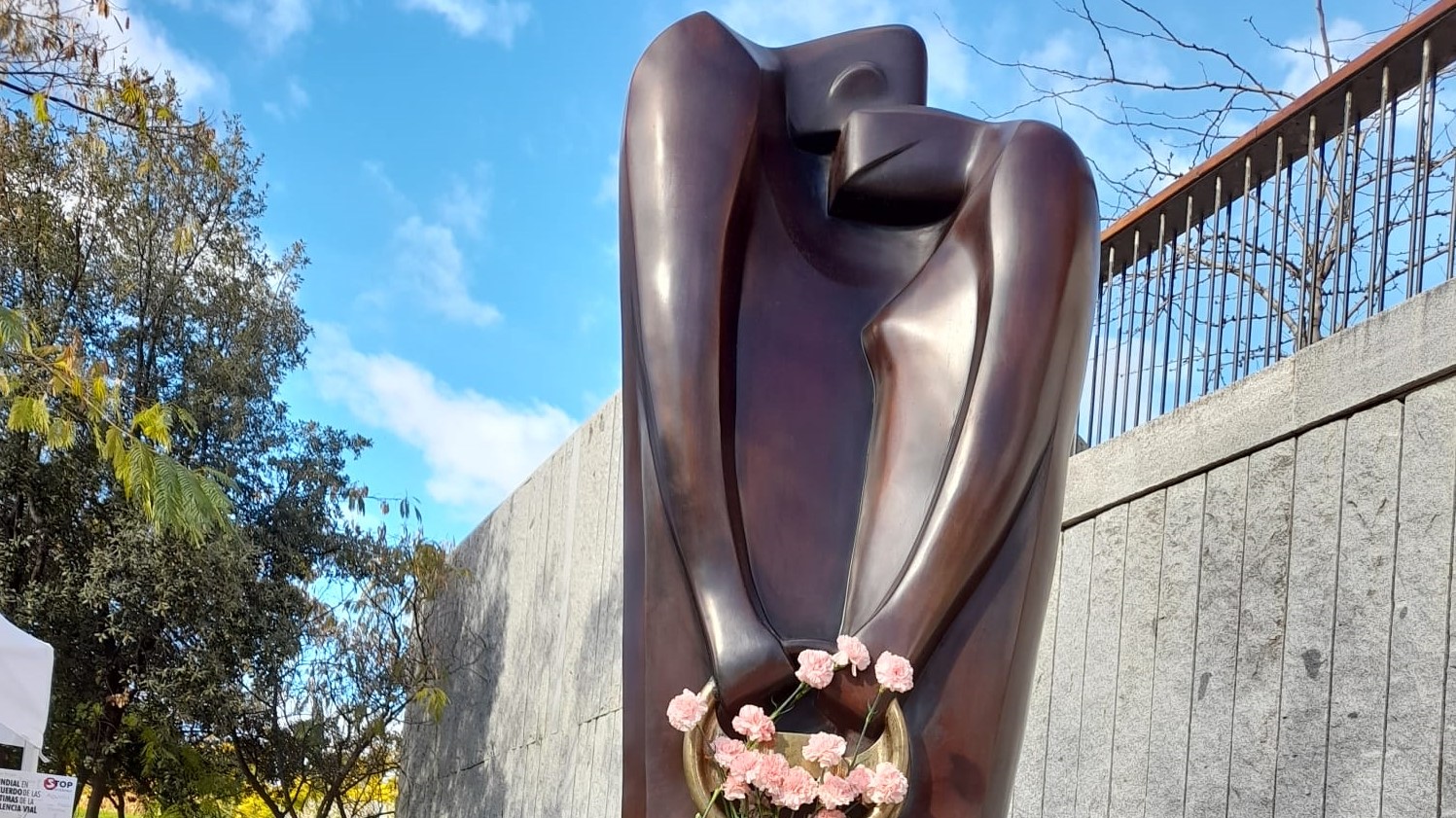
In the run up to World Day of Remembrance 2022, a new memorial to crash victims was inaugurated in Parque de Madrid Rios by the city authorities in collaboration with Alliance member NGO Stop Accidentes. The memorial, a bronze sculpture by sculptor Rosa Serra, consisting of two figures leaning against each other and holding a […]

Zambia passed a new national law in 2019 that reduced speed limits on urban roads to 30km/h. Since then, Zambia Road Safety Trust (ZRST) has been collaborating with the government to implement the law in school zones, working school by school. ZRST’s efforts have been assisted by the LEARN project, a joint initiative from the […]
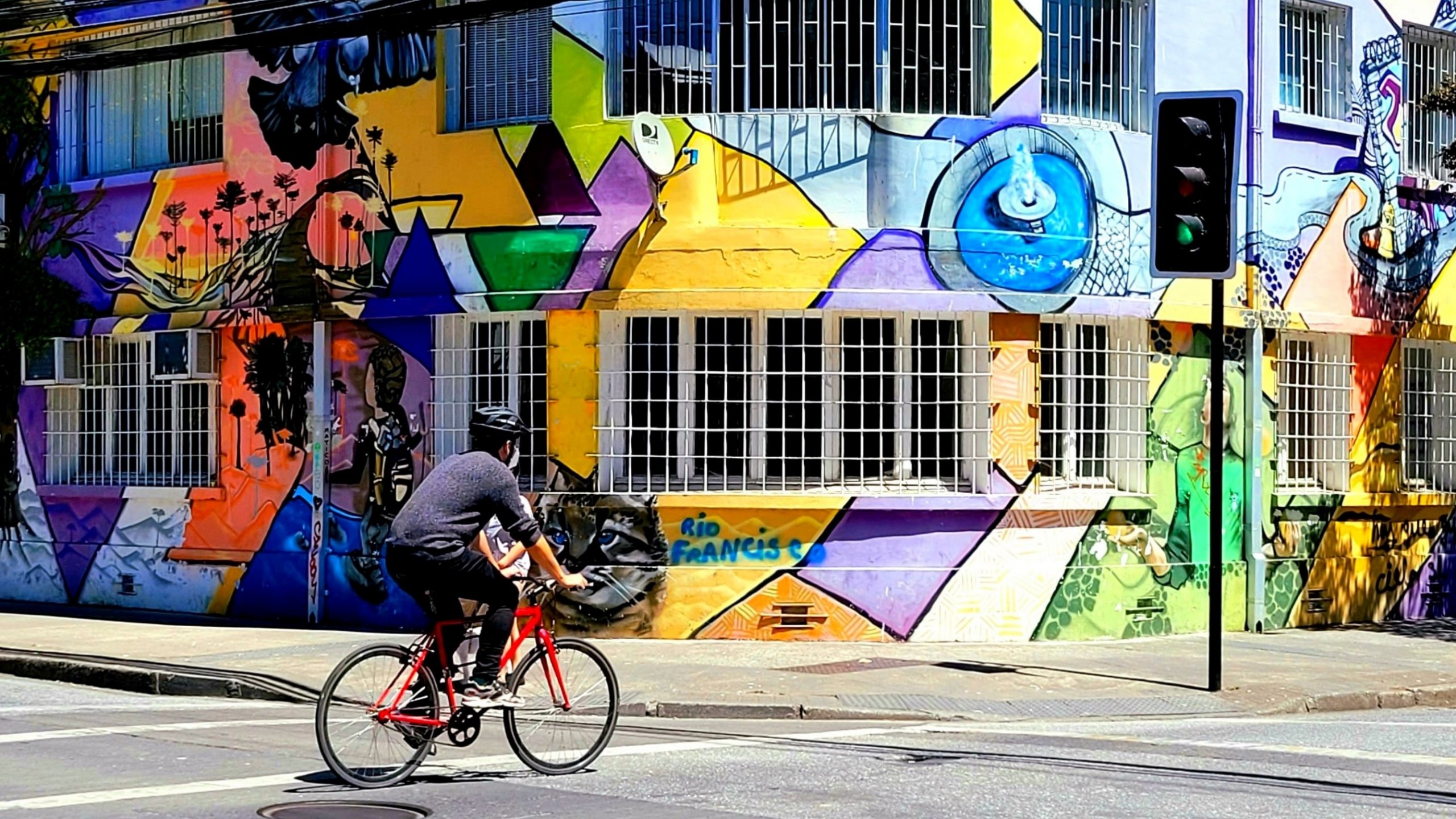
The Alliance is delighted to welcome six new members that joined the Alliance recently. Full members Bicicultura, Chile, is a non-profit organization (OSFL), founded in 2006, based in the commune of Ñuñoa, Chile, working in sustainable mobility, which has been working for 13 years in Chile. It has vast experience working with the public, private, […]
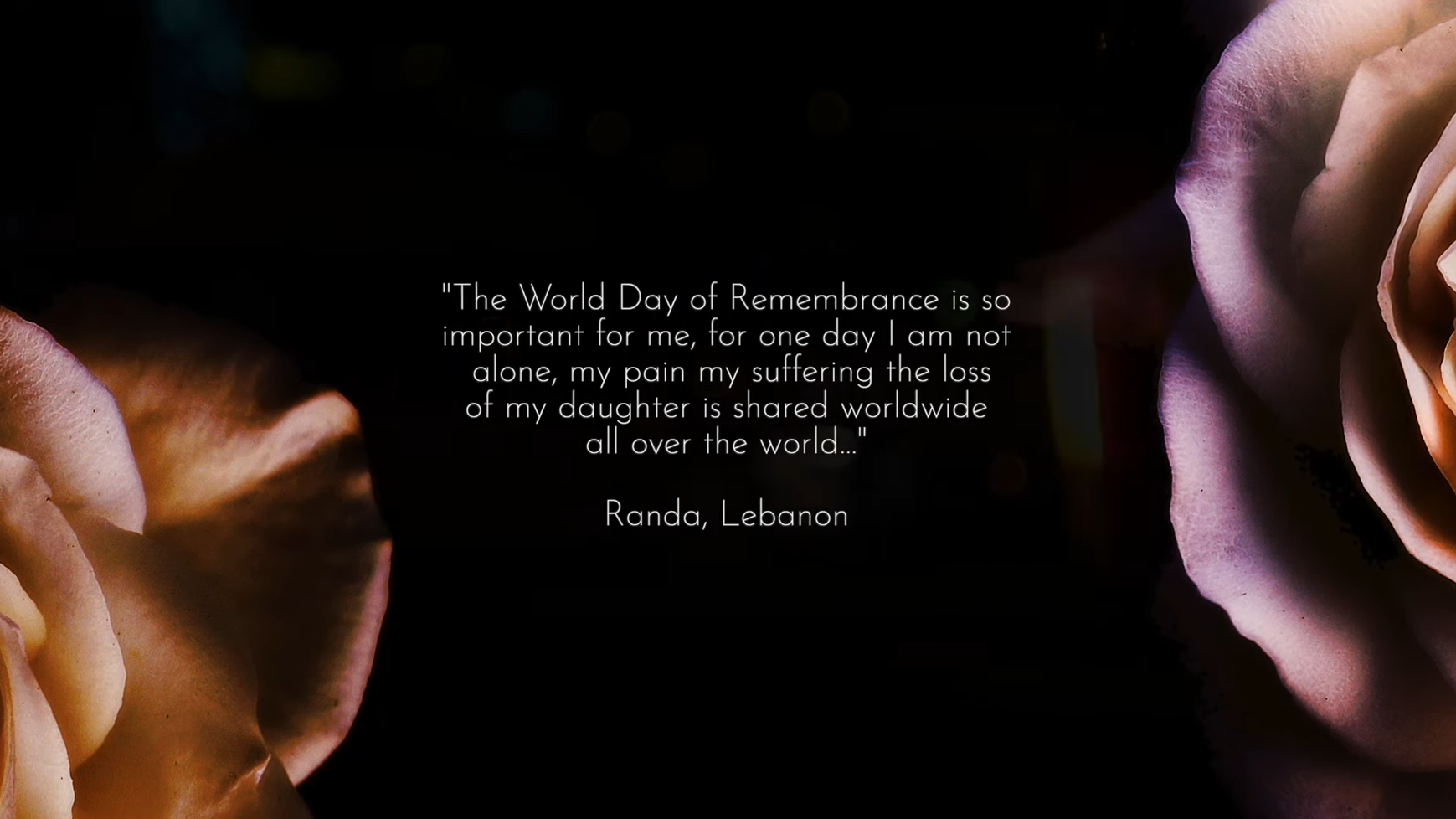
On 18 November 2022, WHO held an online global commemoration for World Day of Remembrance for Road Traffic Victims featuring testimonies on the theme of Remember, Support, Act. Among those telling their personal stories were Alliance members Donna Price, International Road Victims Partnership and Irish Road Victims Association, and Monica Dongban Mensem, Keep Roads Safe […]
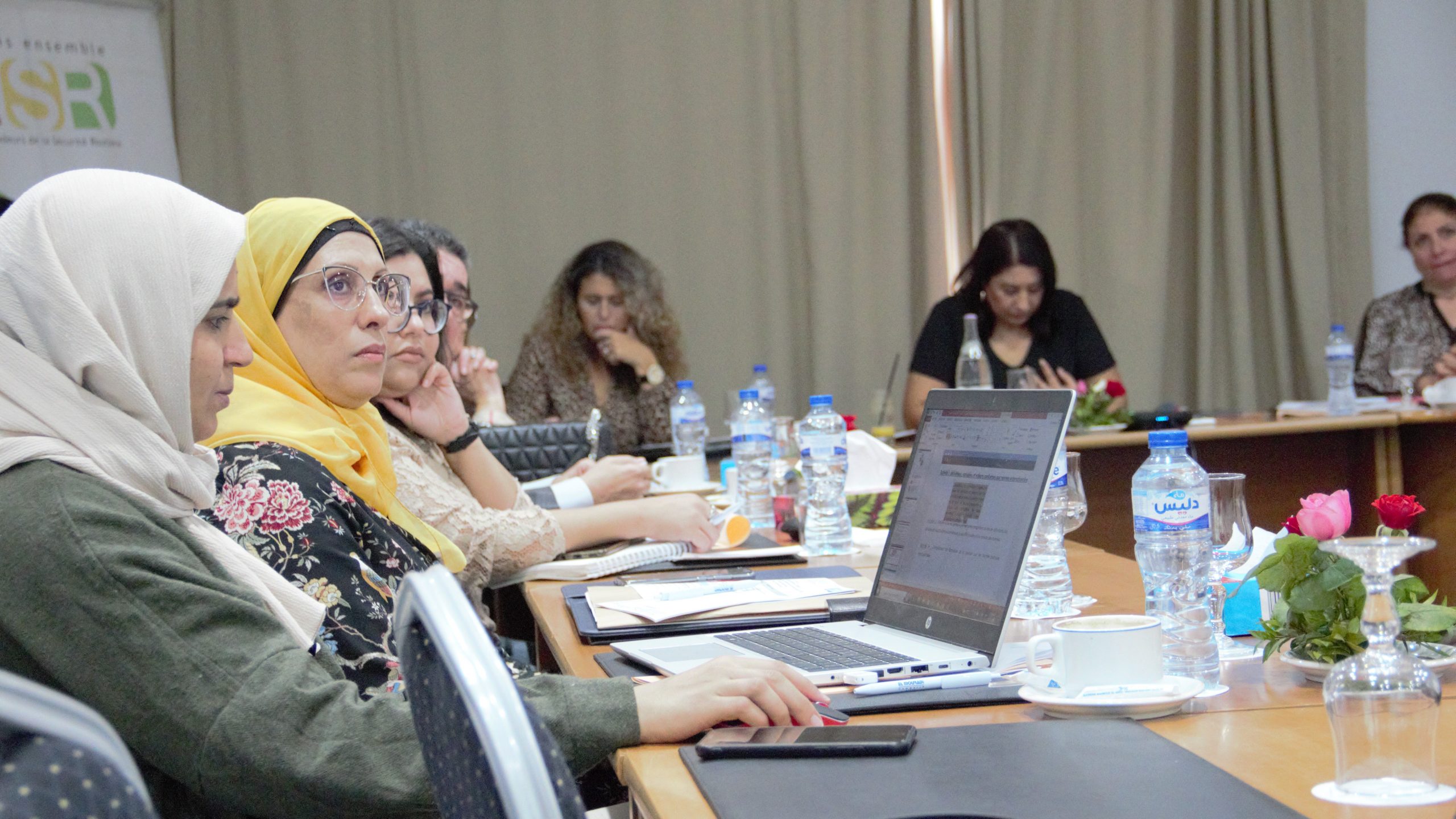
LEARN is a joint initiative between IRF and the Alliance, which brings together national government officials, police, road safety NGOs, private sector, and academia to learn how to gather and analyze road safety data more effectively and to use that data to implement effective interventions that will reduce road deaths and injuries. Through the project, […]